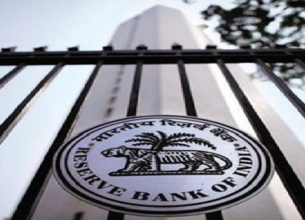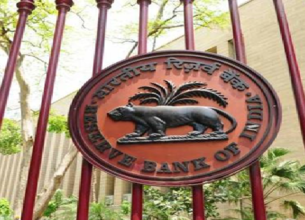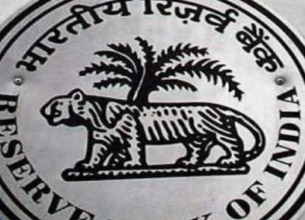SBI TO EXTEND LOAN MORATORIUM TO NBFCS
07, May 2020

Prelims level : Banking
Mains level : GS-III Indian Economy and Issues Relating to Planning, Mobilization of Resources, Growth, Development and Employment.
Why in News?
- The State Bank of India (SBI) has decided to extend loan moratorium to NBFCs that could give a huge relief to the entities facing a Cash Crunch.
What is Loan Moratorium?
- It refers to a particular period of a loan tenure during which the borrower does not have to repay anything.
- It can be described as a waiting period before the borrower will have to start paying the equated monthly instalments (EMIs) for his or her loan.
- It doesn’t mean that he is completely waived off his Loans.
Why this Move?
- At end March, following the nationwide lockdown, the RBI had allowed banks to extend three-month repayment moratorium to their term loan customers without classifying them as non-performing assets.
- While the banks had extended the facility to the retail borrowers, they were reluctant to extend the same to the NBFCs, including housing finance companies and micro-finance institutions.
- Bank funding is a key source of liquidity for the NBFCs. As a result, NBFCs that had extended the benefit to their customers but were not granted one from the banks were facing a severe liquidity crunch.
- Rating agency Crisil had said that the NBFCs rated by the agency would face a ₹75 lakh-crore debt obligation maturing by June end.
- Similarly, micro-finance institutions had informed the RBI during a recent meeting that they had to repay a debt of ₹18,500 crore in the next three months.
- With SBI now deciding to offer the moratorium, NBFCs expect other commercial banks also to follow suit.
What is Non-Banking Financial Company (NBFC)?
- A Non-Banking Financial Company (NBFC) is a company registered under the Companies Act, 1956 engaged in the business of loans and advances, acquisition of shares/stocks/bonds/debentures/securities issued by Government or local authority or other marketable securities of a like nature.
- NBFC does not include any institution whose principal business is that of agriculture activity, industrial activity, purchase or sale of any goods (other than securities) or providing any services and sale/purchase/construction of immovable property.
- A non-banking institution which is a company and has principal business of receiving deposits under any scheme or arrangement in one lump sum or in instalments by way of contributions or in any other manner, is also a non-banking financial company (Residuary non-banking company).
What are the Differences between banks & NBFCs?
- NBFCs lend and make investments and hence their activities are akin to that of banks; however there are a few differences as given below:
- NBFC cannot Accept Demand Deposits;
- NBFCs do not form part of the payment and settlement system and cannot issue cheques drawn on itself;
- Deposit insurance facility of Deposit Insurance and Credit Guarantee Corporation is not available to depositors of NBFCs, unlike in case of Banks.
















